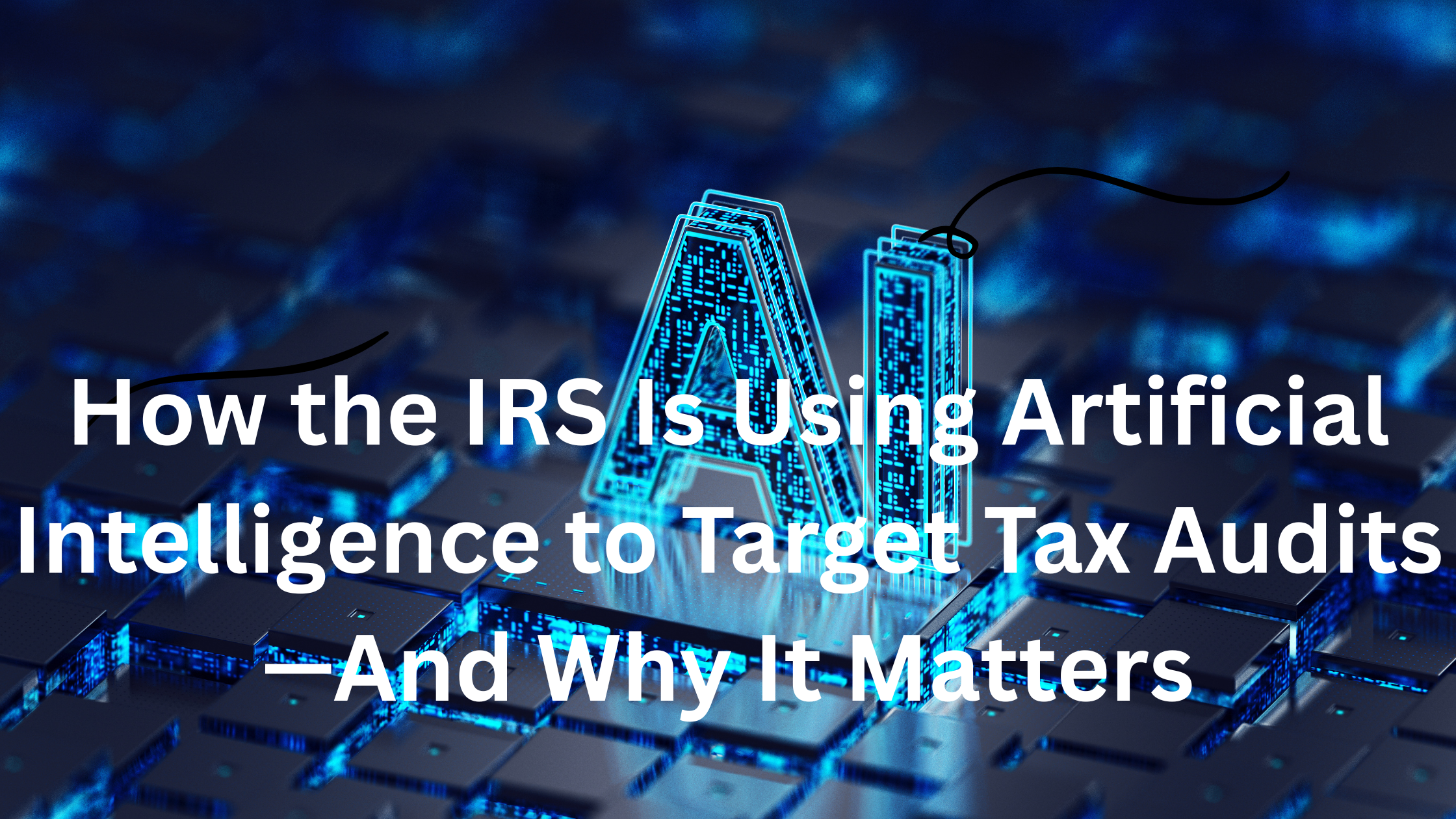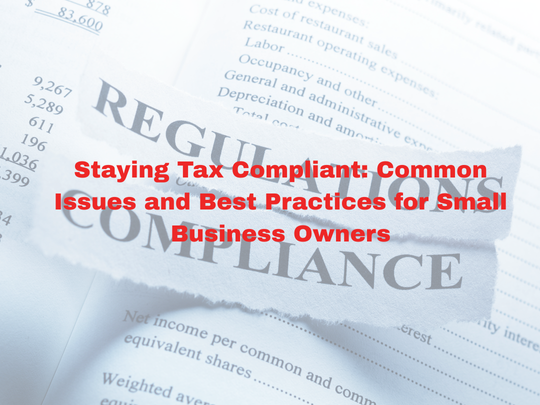With health care, housing, food, and transportation costs increasing every year, many retirees on fixed incomes wonder how they can stretch their dollars even further. One solution is to move to another state where income taxes are lower than the one in which they currently reside.
While federal tax rates are the same in every state, retirees may find that even if they move to a state with no income tax, there may be additional taxes they’re liable for including sales taxes, excise taxes, inheritance, and estate taxes, income taxes, intangible taxes, and property taxes. Retirement benefits are also treated differently in every state and many retirees also have additional income from a job.
Even if you’re not retired yet, if you are working remotely due to COVID-19 and are close to retirement age you may also be considering whether to make a move right now.
!!! If you move to a different state but are still working for an employer in the state you formerly resided in, you will be subject to income tax in that state (as a nonresident) because your employer is located there. !!!
If you’re thinking about making a move to another state, here are six things to keep in mind:
1. Income Tax Rates
Retirees planning to work part-time in addition to receiving retirement benefits should keep in mind that those earnings may be subject to state tax in certain states, as well as federal income tax if your combined income (individual) is more than $25,000. Combined income is defined as your adjusted gross income + nontaxable interest plus 1/2 of your Social Security benefits. If you file a joint return, you may have to pay taxes if you and your spouse have a combined income that is more than $32,000. If you see this scenario in your future, it may be in your best interest to consider a state with low income tax rates (Pennsylvania, Arizona, or New Mexico for instance) or no income tax such as Florida, Nevada, Alaska, Washington state, or Wyoming.
2. Income Tax on Retirement Income
Retirement typically income includes social security payments, retirement plan distributions, and income from pension plans. Income tax rates for Social security payments and income from retirement plans and pensions vary for each state. Some states do not tax this income at all, while in other states, a portion of pension income is exempt, while other states tax pension income in its entirety. State tax laws, like federal tax laws, are always changing. Please call if you have any questions about tax law changes in your state.
Even if you live in a high-tax state, many offer significant tax benefits for senior citizens.
3. Tax on Social Security
In 2020, thirteen states tax Social Security income in addition to taxing social security income at the federal level; however, there may be exceptions depending on age or income level. Some states treat the taxation of social security benefits the same as federal taxation. Moving to a state that doesn’t tax Social Security is tempting, but keep in mind that tax rates on Social Security payments are just one factor to consider.
4. State and Local Property Taxes
Despite a decline in property values, property taxes have not decreased for most homeowners. Some states, however, offer property tax exemptions to retirees who are homeowners and renters. Again, this varies by individual state.
5. State and Local Sales Taxes
State and local sales taxes may or may not be a factor in the overall decision about where you decide to retire, but keep in mind that only five states, Alaska, Delaware, Montana, New Hampshire, and Oregon, do not impose any sales or use tax.
6. Estate Taxes
Estate tax may or may not matter, depending on your estate and whether you care about what happens to your estate after you die. Like other state taxes, estate tax varies depending on which state in which you reside. In some states, there is a tax on estates below the federal threshold amount ($11.58 million in 2020). Many states have no estate tax whatsoever, including North Carolina, Delaware, Florida, Kansas, Oklahoma, and Arizona.
The Bottom Line
When it comes to retirees, relocating, and taxes, there are several factors to consider – including the overall tax burden. As you’ve read here, not all states are created equal. If you’re thinking about retiring to another state, please contact the office and make an appointment with a tax professional who will help you figure out which state fits your particular circumstances.




